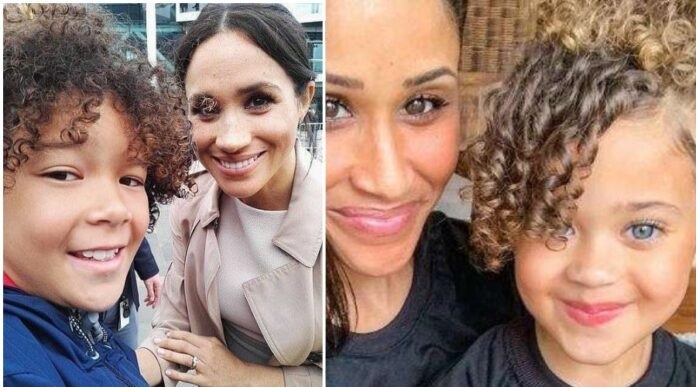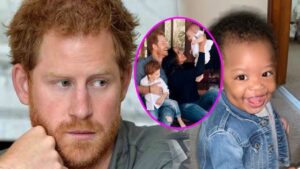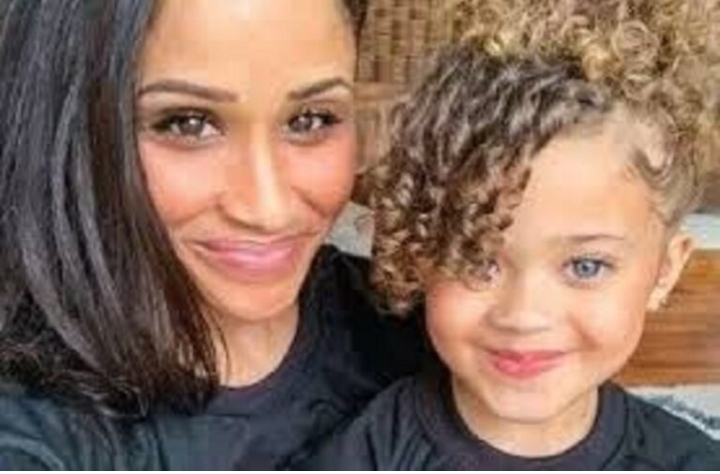In a stunning turn of events, Prince Harry has recently been thrust into the spotlight for reasons far removed from royal duties or charitable causes. The announcement that a DNA test revealed his daughter, Lilibet Diana Mountbatten-Windsor, is not biologically his has sent shockwaves through the media and the public alike. The emotional impact of this revelation on Harry, known for his deep commitment to family and his role as a father, is significant and deeply personal.

The news broke after a routine test, conducted to address questions surrounding Lilibet’s paternity, confirmed the unthinkable: the child born to Harry and his wife, Meghan Markle, is not biologically related to the Duke of Sussex. This result has led to a cascade of emotions for Harry, who has always spoken passionately about his love for his children and his role as a father.
Harry’s response has been a mixture of disbelief and profound sadness. In an emotional statement, he admitted that the results were “a devastating blow” and described his feelings as “deeply conflicted and sorrowful.” He shared that, despite the genetic disconnect, his bond with Lilibet remains unaltered. “She has been my daughter in every way that matters, and my love for her is unwavering,” he stated. This poignant declaration underscores the depth of Harry’s affection for Lilibet, despite the biological reality.
The impact on the royal family and the public’s perception of Harry and Meghan is multifaceted. While some may question the circumstances surrounding this revelation, it is essential to recognize the personal and private nature of this issue. For Harry, the revelation is not just a matter of genetic testing but an emotional challenge that affects his family dynamics and his sense of identity as a father.
The broader implications of this event raise questions about privacy, trust, and the personal lives of public figures. Harry and Meghan have always been vocal about their desire for privacy and their struggles with media intrusion. This situation, while unprecedented in its specifics, highlights the complex interplay between personal life and public scrutiny.

In the end, Prince Harry’s situation serves as a reminder of the profound personal challenges faced by individuals in the public eye. Despite the genetic test results, the love and commitment Harry has shown to Lilibet reflect the true essence of family bonds—one that transcends biological connections. As the world watches, it is crucial to approach this matter with empathy and respect for the emotional journey that Harry and his family are navigating.
Meghan Markle and Prince Harry Criticized for Altering Daughter Lilibet’s Hair Color at Age 3…..See more

Podcast and an astonishing US interview where she said she had been compared to South African hero Nelson Mandela and claimed Harry had ‘lost’ his father Charles during Megxit.
Sources in royal circles have now hit back at the couple, branding their tirades against life as working royals ‘delusional’ and ‘tragic’ – and sensationally suggesting that they ‘rail against the system as much as they still do’ even after Megxit to sustain public and therefore commercial interest in their ‘brand’.
Meghan Markle and Prince Harry Criticized for Altering Daughter Lilibet’s Hair Color at Age 3…..See more

